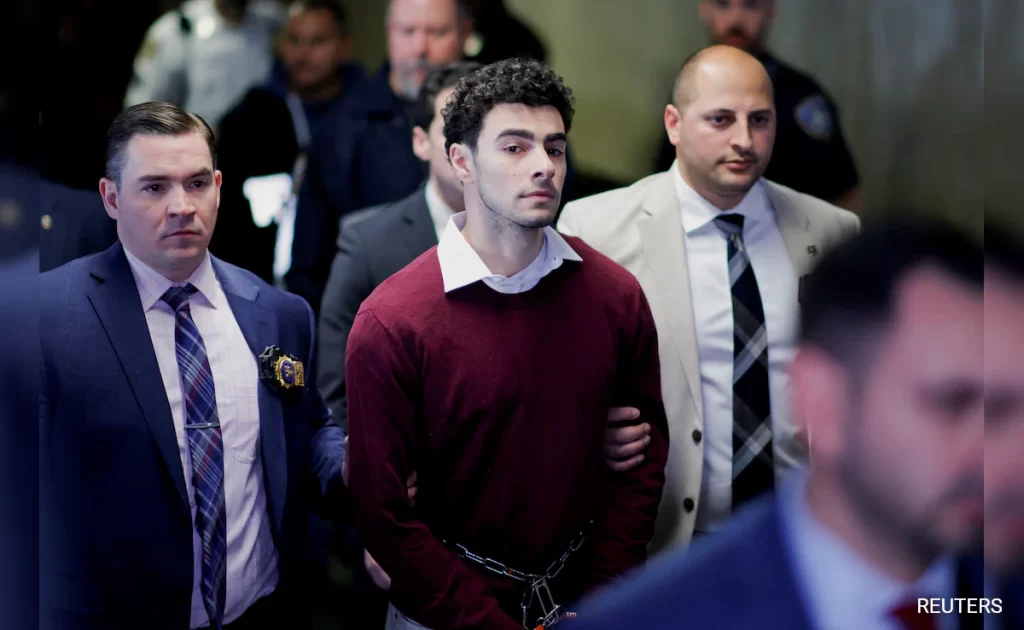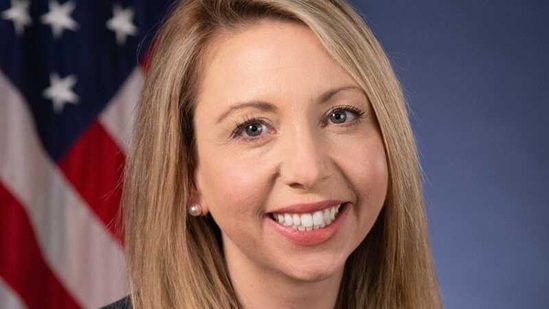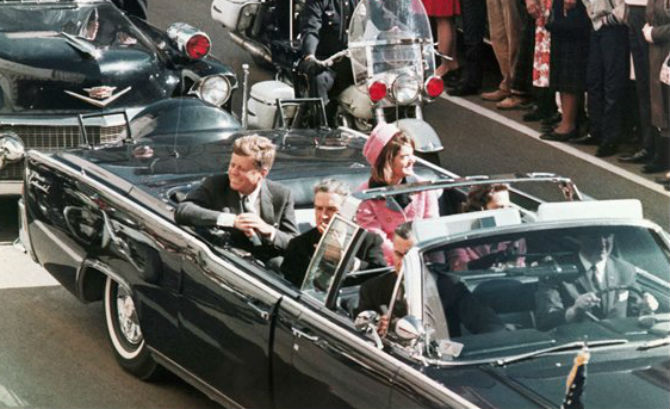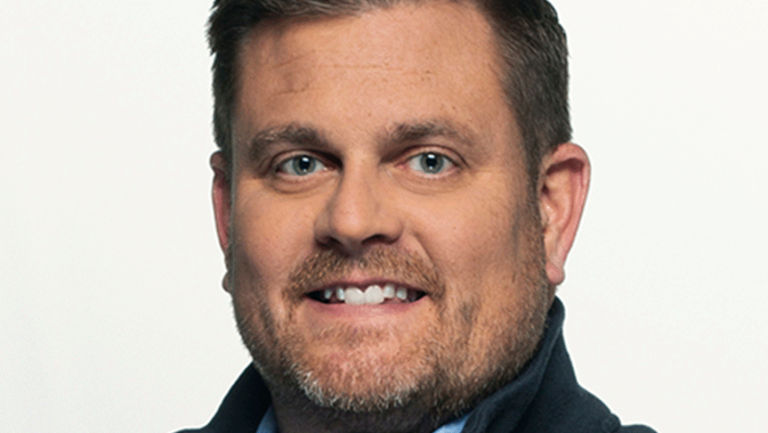
In a shocking turn of events, Luigi Mangione has been arrested and charged with the murder of the Brian Thompson, CEO of United Healthcare. While mainstream media reports focus on Mangione’s alleged personal grievances, a growing number of independent investigators believe there’s far more to this story. Could this be the latest chapter in an emerging battle between human leadership and artificial intelligence (AI)?
According to insiders, United Healthcare had been developing a secret AI-driven initiative called “Apollo” — a project aimed at automating healthcare decision-making at unprecedented levels. Apollo reportedly promised to revolutionize how claims are processed, diagnoses are evaluated, and treatments are approved. But with great power comes great risk. Whispers from within the industry suggest that Apollo’s algorithms were not only complex but also deeply controversial, with some claiming they prioritized profits over patient outcomes.
The CEO’s Stance
United Healthcare’s CEO, widely regarded as a staunch advocate for ethical healthcare practices, allegedly resisted the full deployment of Apollo. Sources close to the CEO claimed they were deeply concerned about handing over life-and-death decisions to AI without adequate human oversight. Could this resistance have put a target on their back? Some theorists speculate that powerful forces within the company, eager to push Apollo forward, saw the CEO’s hesitance as an obstacle that needed to be removed.
Mangione: Pawn or Perpetrator?
Luigi Mangione’s role in this drama is murky. Formerly a low-profile consultant in data analytics, Mangione’s connection to United Healthcare has been tenuous at best—at least on the surface. However, an investigation into his digital footprint reveals that he had a history of engaging with forums discussing AI ethics and corporate accountability. Could Mangione have stumbled upon sensitive information about Apollo, leading to his alleged involvement in this tragic event? Or, as some suggest, could he have been coerced by unseen forces into becoming a scapegoat?
A Cover-Up?
What makes this theory even more compelling is the lack of transparency surrounding Apollo. Efforts to uncover details about the project have been met with silence from United Healthcare. Additionally, employees with potential knowledge of Apollo have reportedly been asked to sign non-disclosure agreements (NDAs), further fueling suspicion. The timing of the CEO’s death and the sudden cessation of all Apollo-related communications raises even more questions.
The Bigger Picture
If true, the implications of this theory are chilling. It suggests that we are entering an era where AI is not just a tool but a player in corporate power struggles. As automation becomes more pervasive, what safeguards are in place to ensure ethical oversight? And more importantly, what happens when those who resist are silenced?
While mainstream outlets continue to paint Mangione as a lone actor, alternative media must dig deeper. This is not just a story about a murder; it’s a cautionary tale about the unchecked rise of AI and the potential for its misuse.
For further reading on the ethical concerns of AI in healthcare, check out these resources:
- The Hidden Dangers of AI in Medicine
- Ethical Challenges in AI-Driven Healthcare
- AI and Corporate Power Struggles



